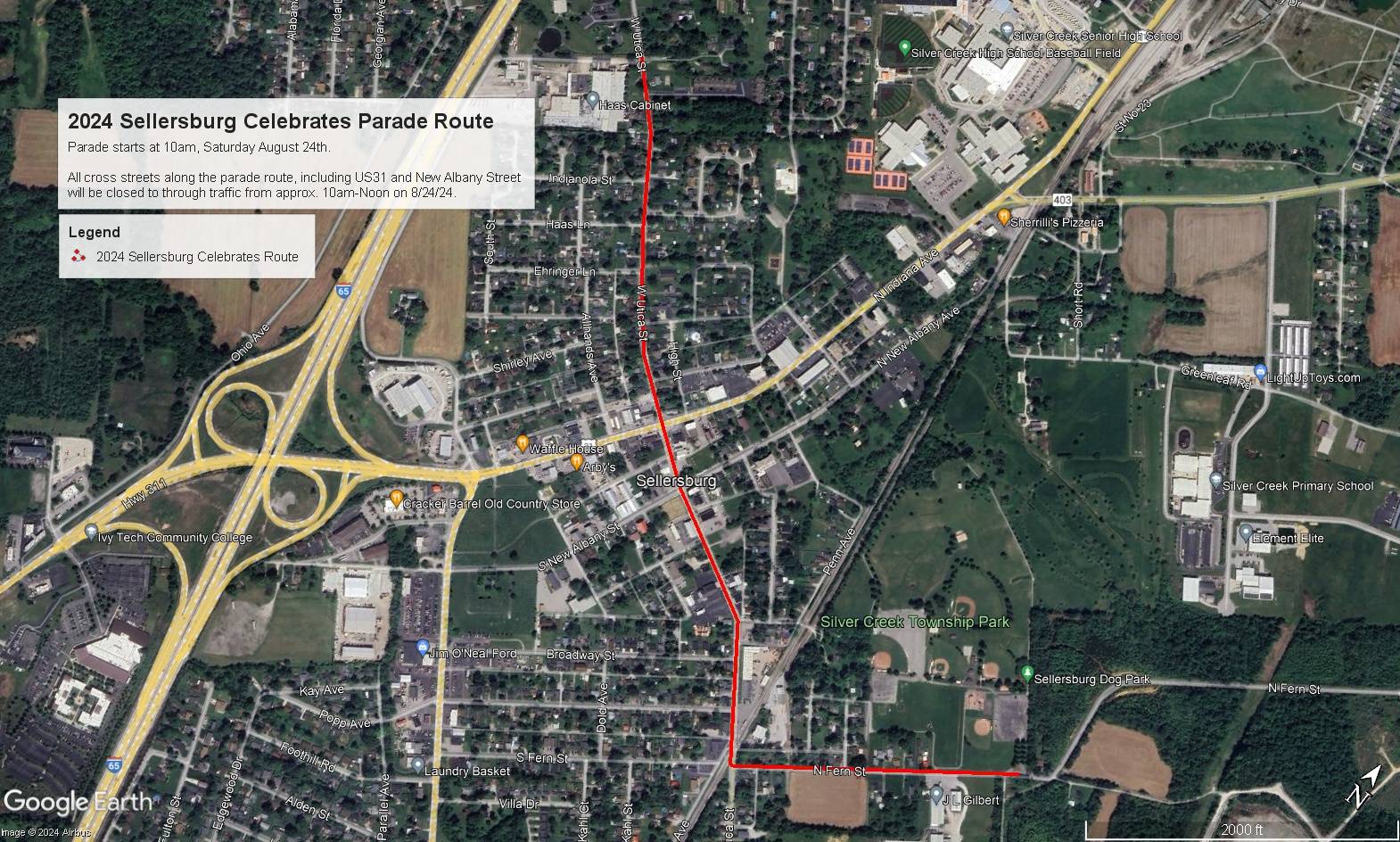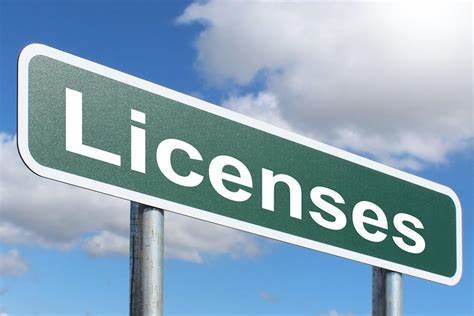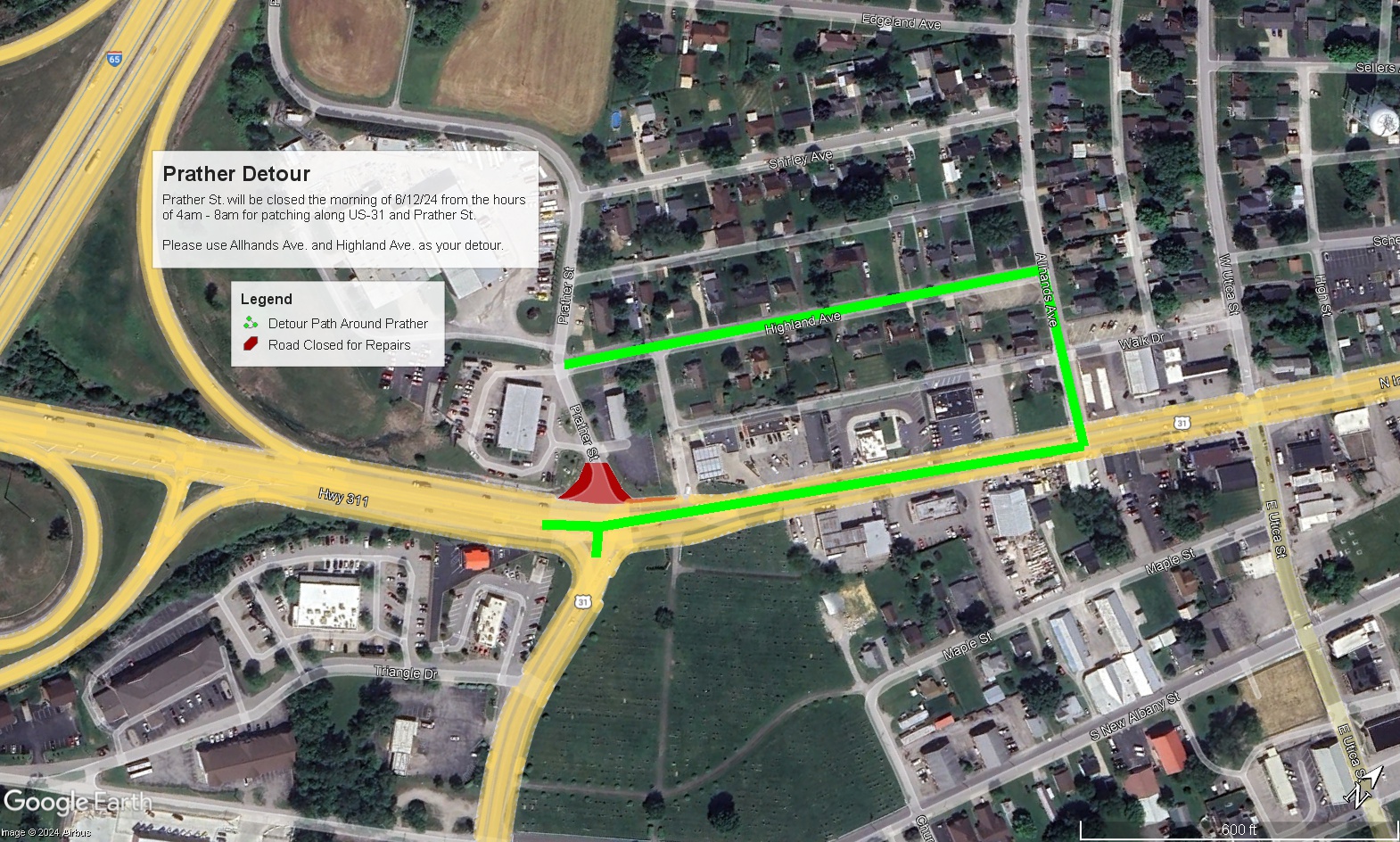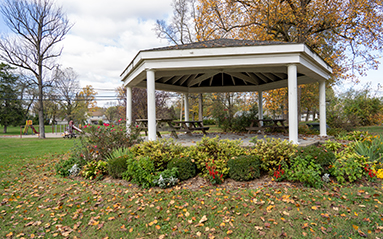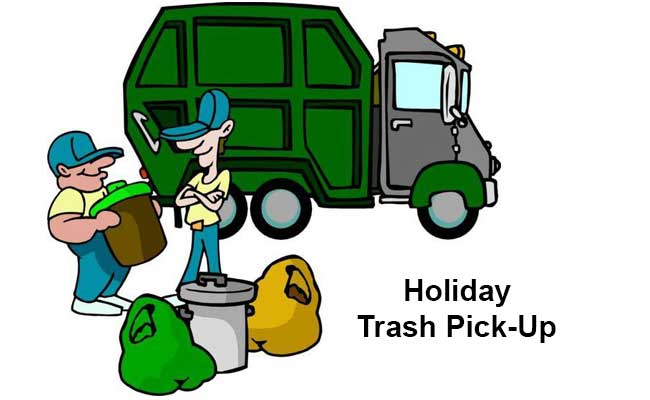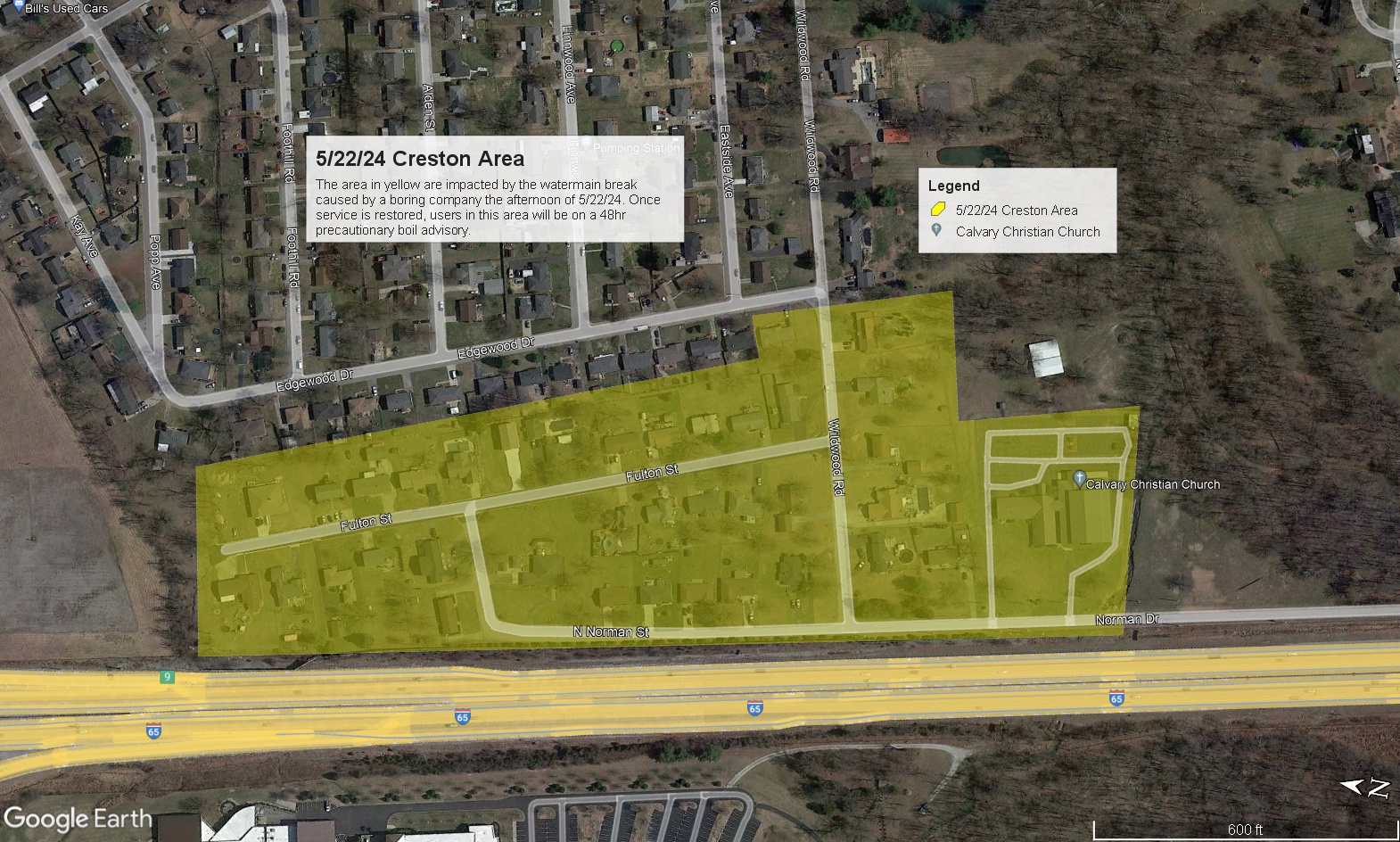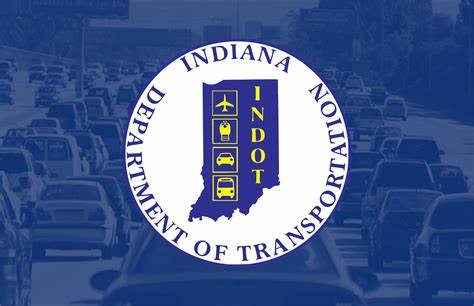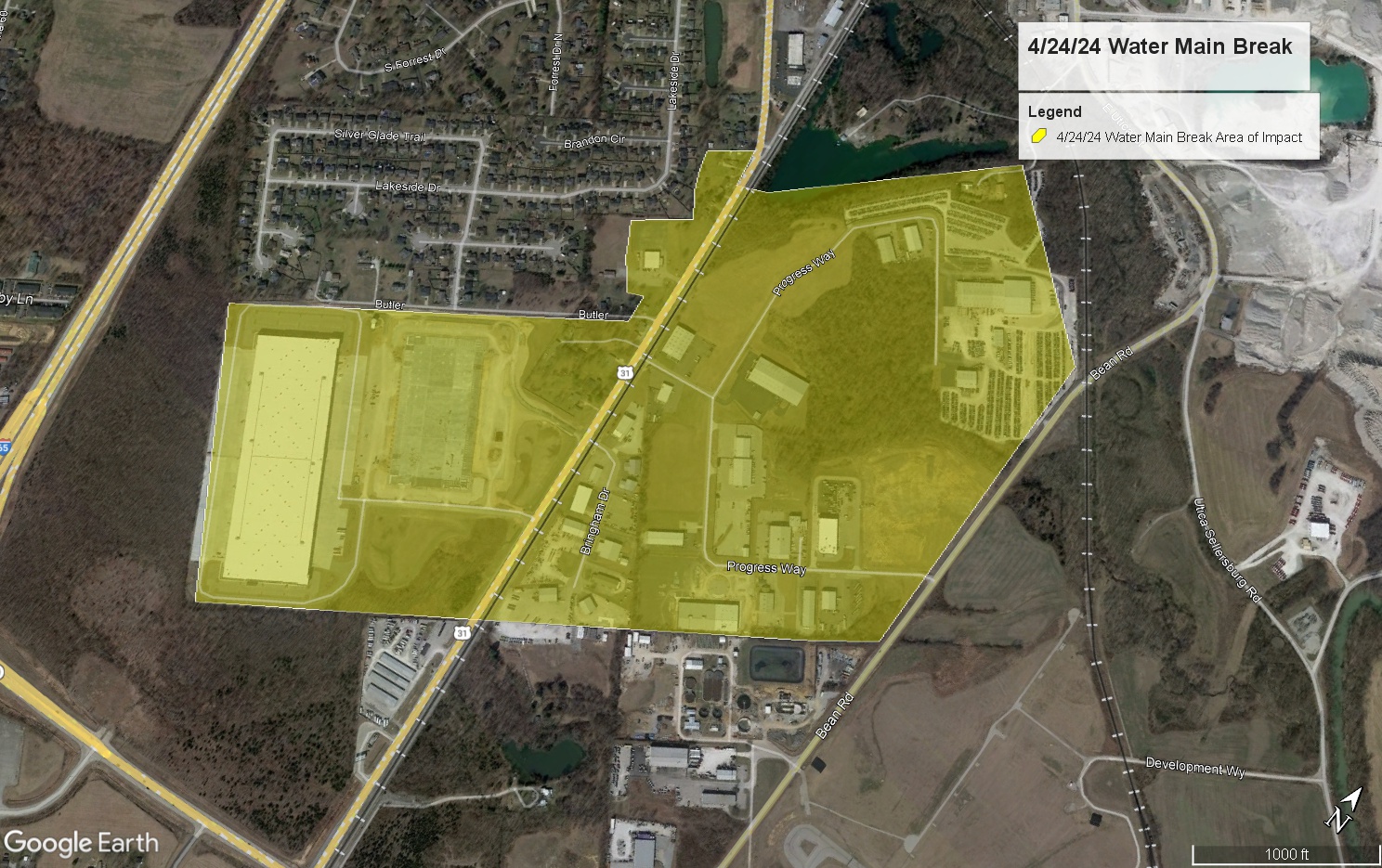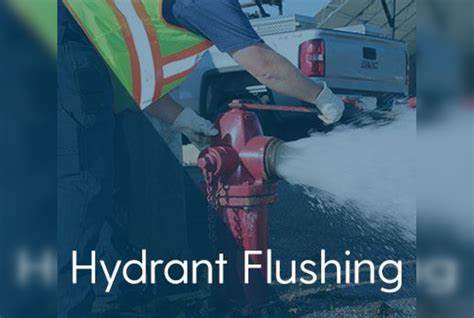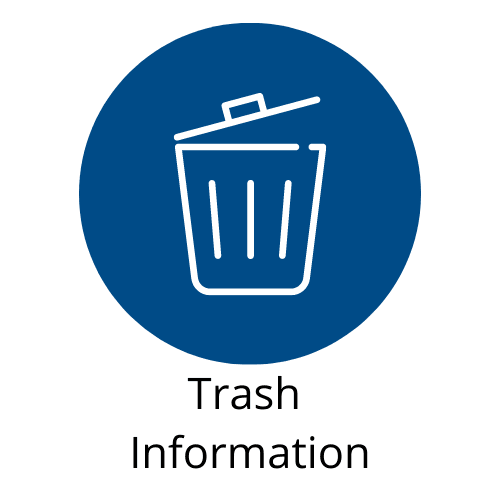6/10/24: An update regarding the status of Speed Park.
There have been questions about it becoming a Town Park, how, and why not.
It is important to first understand the State of Indiana Annexation laws that can be found in the Indiana State Code by visiting this link to the Indiana General Assembly under 36-4-3.
Annexation:
Speed Park by itself cannot be annexed into the Town because it does not meet the contiguous requirements as outlined in statute.
To be annexed into the Town, approximately 70 parcels would need to be forcibly annexed. The annexation laws have changed several times since the mid 2010s to favor property owners making forced annexation extremely difficult and, in many cases, impossible. This is why cases of forced annexation by municipalities are virtually nonexistent compared to the time frame from the early 2000s until the mid 2010s.
Voluntary annexation is possible if the required percentage of property owners were to petition the Town with voluntary annexation following state statute. Even if that were to happen, that doesn’t mean the park automatically becomes a Town Park as it’s still privately owned property. The town would still have to purchase the property. Another example of this is the Silver Creek Township Park. A small part of this is within the Town Limits, but a majority is outside of Town Limits. For the part that is in Town Limits, it is privately owned and maintained by the Township Trustee, Billy Ramser.
Land Acquisition by the Town:
Municipalities can only offer the average of 2 appraisals for land acquisition. The current property owners asking price is more than what preliminary estimated appraised value is. This conversation was had with the owner when they originally put it up for sale. We asked and encouraged donation or discount. Their response was “we want the cash”. We’ve spoken to the county regarding them owning it, they do not have nor have interest in starting a parks department for the sole purpose of owning Speed Park.
Several conversations were had with philanthropist and foundations. Some had interest in contributing but none had interest in owning, maintaining, and carrying liability of the property forever. This has been the challenge from the beginning as to who, with the current make up of ownership and municipal boundaries, can actually own it if not privately held.
The town cannot spend property tax dollars in perpetuity to own and maintain property outside the town border. This would be like Town of Sellersburg owning a park in a Town of Clarksville neighborhood like Eagle Ridge of a City of Jeffersonville neighborhood like Indian Springs. While both have Sellersburg addresses, neither are within the Town of Sellersburg limits.
Purchase by Private Entity:
If it does sell, currently, nothing can be built on it due to sewer service collection system capacity issues within that developed area. As part of the county’s petition for rezoning, a letter of utility commitment from the sanitary sewer utility is needed. Due to the system capacity issues within that area, the Town cannot provide a letter of utility service for sewers at this time. The only option for sewer would be a septic system that would need testing and approval from the Clark County Health Department.
Options:
At this time, the best way for this private park to be saved is lobby the county to start a parks department (as it is within the county) or a grass roots effort from by the impacted County Residents in the area around the park to petition the Town Council for voluntary annexation by following the Indiana State Code referenced above.
If you have further questions, please reach out to Town Hall at (812)246-3821.
2/1/24: It has come to our attention Speed Park has been officially put up for sale. Since 2022, many discussions were held. Unfortunately, there were no able partied entities who were willing to own, maintain, and accept liability for the park. In 2023, Silver Creek School Corp. did make an offer to the owner however, that deal fell through.
While the Town cannot own the park due to being well outside of our municipal limits, the Town does provide sewer services to that area. Currently, there is not capacity within our sewer collections system for that area to add additional users. This includes the entirety of the property known as Speed Park.
8/8/22: As many have heard, Lehigh Hanson Aggregates (locally known as Essroc in Speed) will be moving most of their operations to Mitchell, Indiana. As part of this relocation, they are working internally to sell some of their local landholdings. We have been told by representatives of Lehigh Hanson that Speed Park and Speed Golf Course are NOT part of the “to be sold” conversations.
The Town has been in conversations with Lehigh Hanson regarding the future of Speed Park. To dispel any rumors, the Park has NOT been sold and will not be apartments, townhomes, houses, business, etc. Lehigh Hanson has committed to the Town they have no plans to sell it to developers and is interested in working with the Town to find a solution to ensure Speed Park remains a park for future generations to enjoy.
The challenge the Town now faces is that Speed Park is not located within the Town Limits of the Town of Sellersburg nor is there a way to annex it into the Town due to its distance from our municipal border. Speed Park, like the Speed community, falls within unincorporated Clark County. While the Town is interested in and has been working with Lehigh Hanson to preserve Speed Park, the Town of Sellersburg cannot own the park within our parks system due to being outside our limits.
Clark County Government does not currently have a Parks Department nor own any property that is classified as parks and recreations. However, the Town is working with the County and the Silver Creek Township Trustee on ideas centered around who could own the Park and how/who could/would maintain it.
The Sellersburg Town Council places great importance on the preservation of Speed Park. While outside of our Town limits, everyone agrees Speed Park is a Sellersburg Community Asset that is worth saving. The Town Manager at the direction of the Council will continue to work with Lehigh Hanson and our community partners until a solution is found that results in the long-term preservation of Speed Park.


